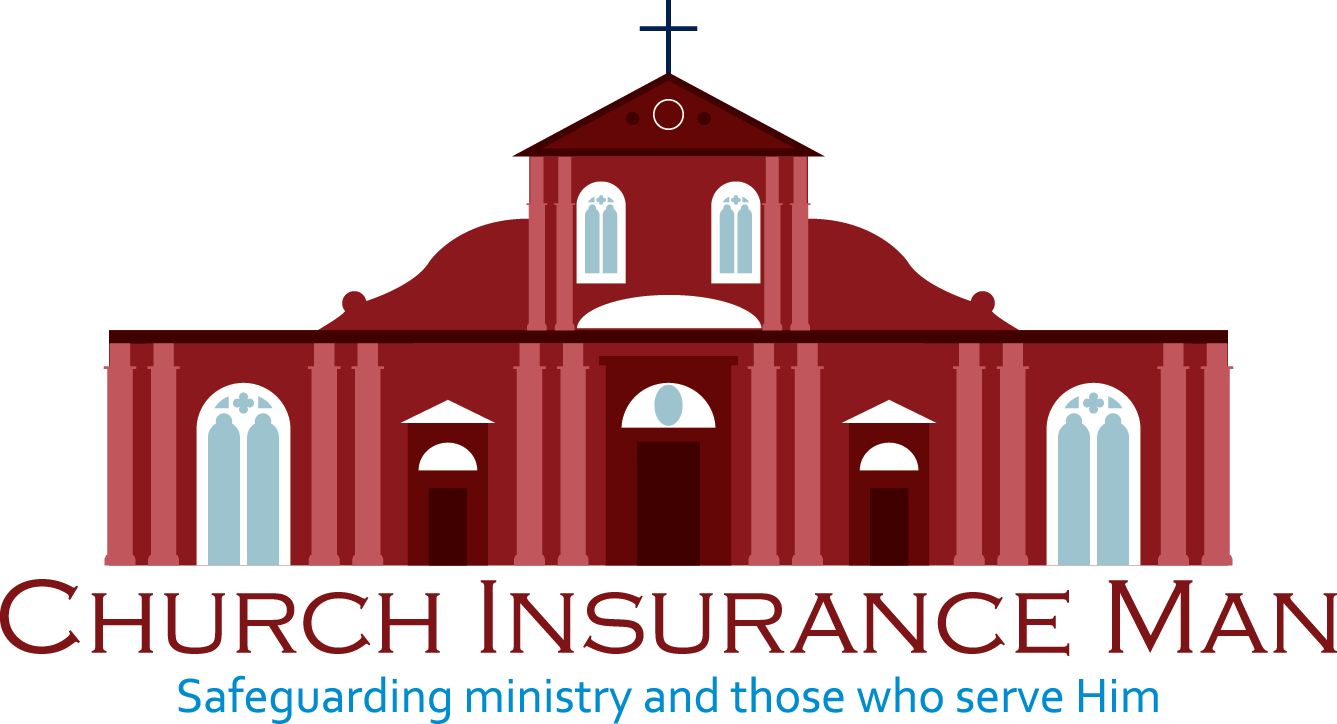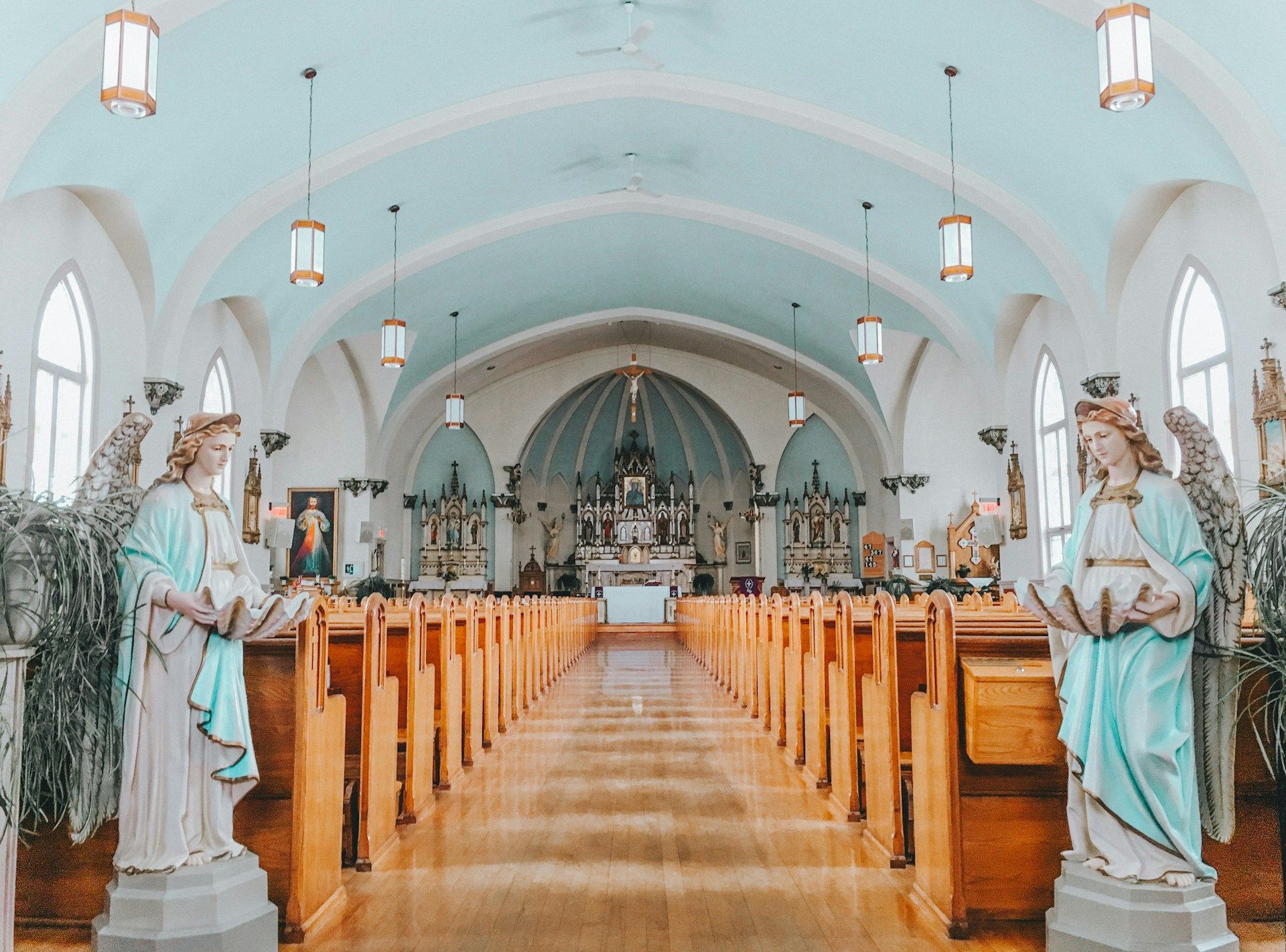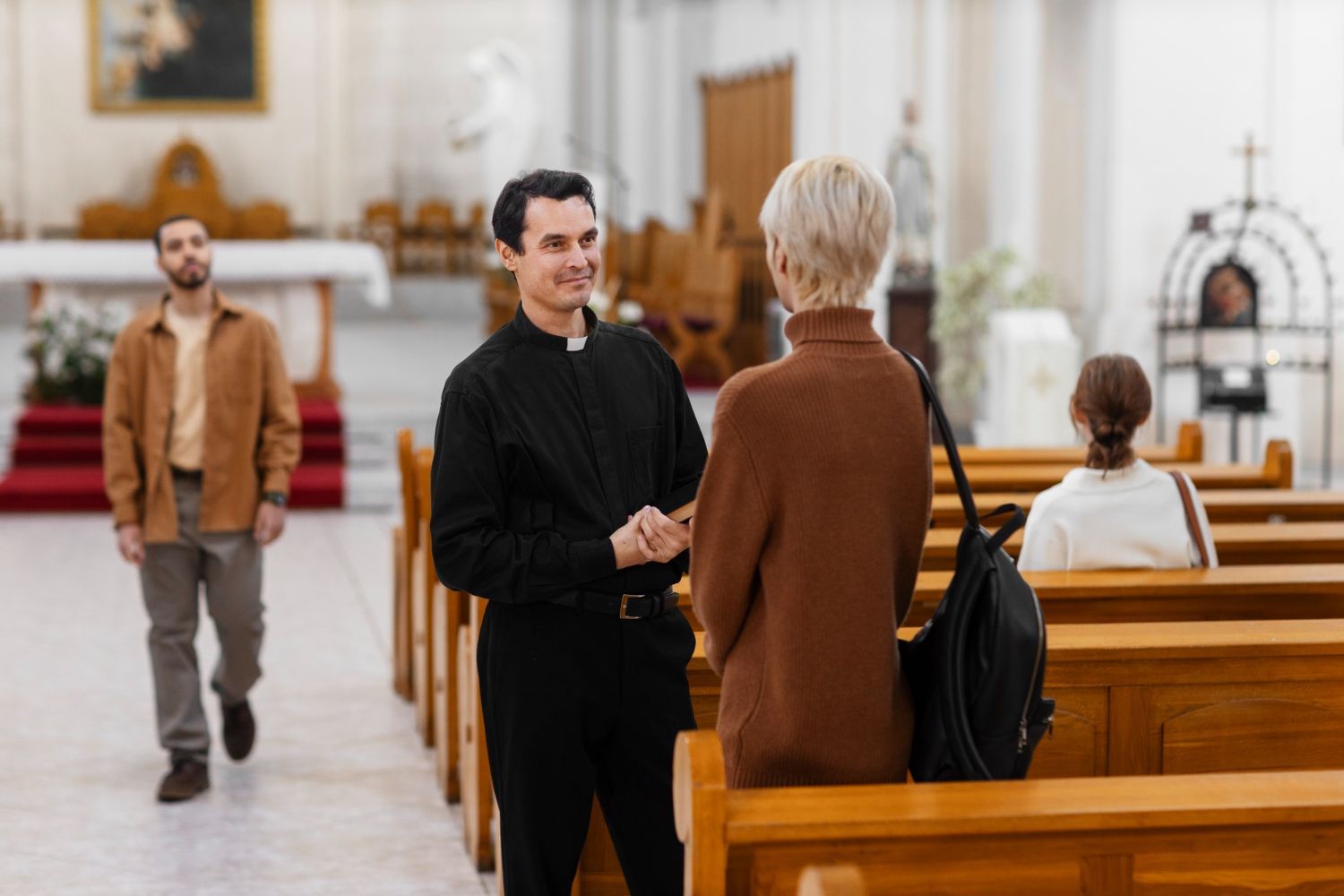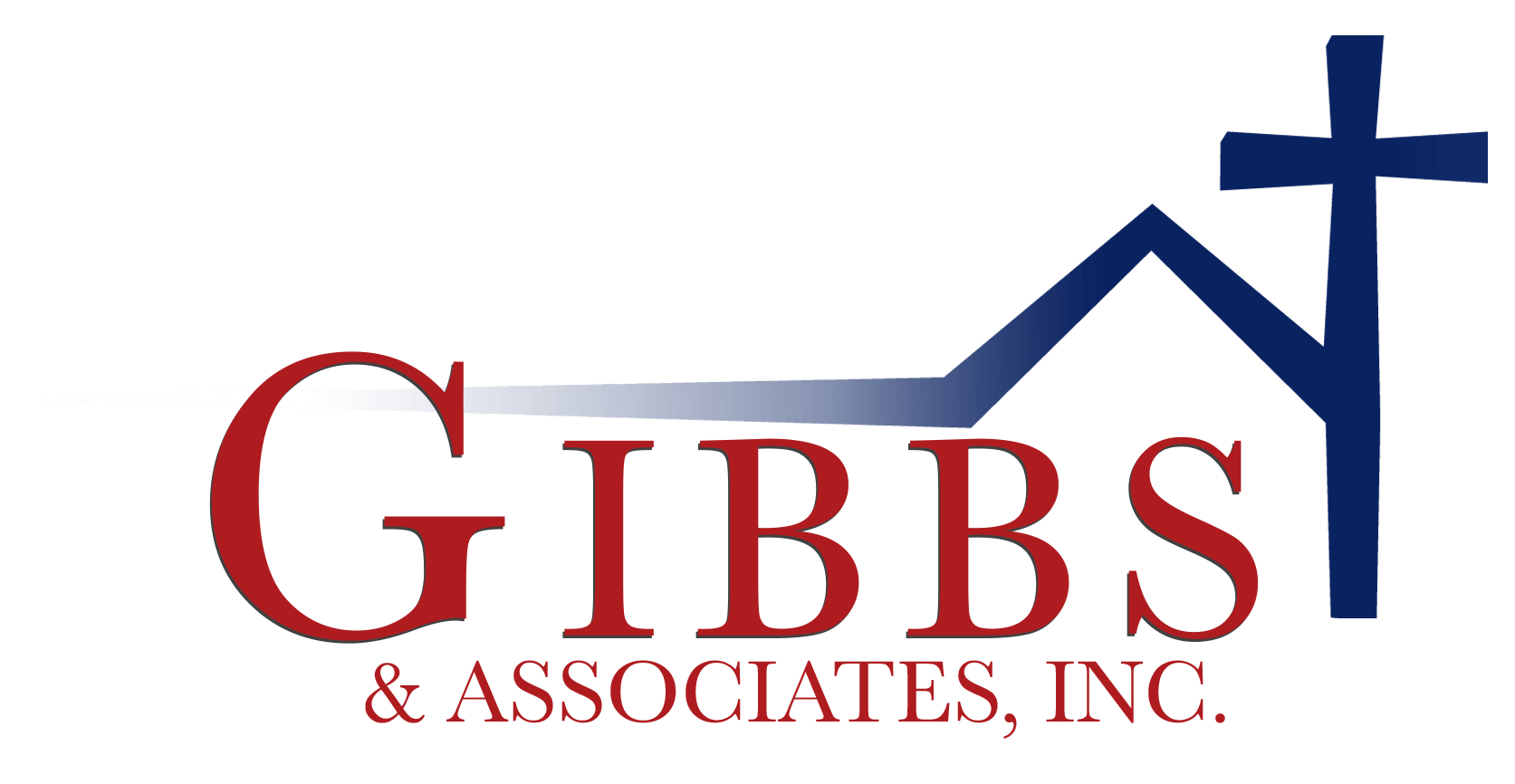Limiting Liability: An Insider's Guide to Church Liability Insurance
Ins and Outs of Church Liability Insurance
Liability is an inevitable risk that churches face in their daily operations. From welcoming community members for services and events to engaging in outreach programs and mission trips, churches are constantly interacting with the public. While these interactions are essential for spreading the faith and serving the community, they carry potential liabilities. The risk of someone sustaining an injury on church property or during a church-sponsored event, or claims of defamation, slander, or violation of personal rights, underscores the importance of having a solid church liability insurance policy in place.
Church liability insurance can protect your church–its mission, assets, reputation, and financial future–against potential lawsuits and financial losses from covered third-party claims. It serves as a financial shield should a claimant accuse your church of being responsible for causing bodily injury or property damage.
Churches play a critical role in the communities they serve–spiritually, economically, and socially. Therefore, understanding the potential liabilities and implementing strategic measures to counter them is essential for the longevity and confidence of your faith-based organization.
In this blog post, we will shed light on the ins and outs of church liability insurance, including understanding the types of coverage available, considerations for determining your church's specific insurance needs, and strategies to mitigate potential liability risks.
The Unique Forms of Liability Churches Face and the Associated Risks
Churches may encounter several forms of liability that can lead to financial losses or even damage to their reputation. Some of these risks include:
1. Premises Liability: This arises when a visitor, congregant, or even a trespasser suffers bodily injury or property damage while on church property. Examples include slips and falls, accidents in the parking lot, or injuries sustained during church functions.
2. Personal Injury Liability: Personal injury claims can stem from accusations of defamation, slander, violation of personal rights, or emotional distress caused by the church or its representatives.
3. Clergy or Counselor Liability: Allegations of improper counseling, misconduct, or professional negligence can result in significant legal exposure for churches and their pastoral staff.
4. Director and Officer Liability: Board members, trustees, directors, and other church leaders may face liability claims for wrongful acts, mismanagement, or breach of fiduciary duty.
Understanding these types of liability risks is crucial for churches to take proactive measures to prevent potentially costly incidents, protect their finances, and maintain the trust of their congregation.
Different Types of Coverages Available Under a Church Liability Insurance Policy
A comprehensive church liability insurance policy can include numerous coverages to address the various risks churches face:
1. General Liability: General liability coverage forms the foundation of a church liability insurance policy and offers financial protection against claims of bodily injury, property damage, personal, and advertising injury arising out of church operations.
2. Pastor and Counselor Professional Liability: This endorsement covers legal defense and potential damages resulting from allegations of professional negligence, misconduct, or improper counseling by clergy or other pastoral staff.
3. Directors and Officers (D&O) Liability: D&O liability insurance protects church leaders and board members against claims alleging wrongful acts, errors, or omissions resulting from their official duties.
4. Sexual Misconduct Liability: Covers legal expenses and potential damages arising from claims relating to sexual misconduct, abuse, or molestation by a church employee or volunteer.
5. Employment Practices Liability: Provides coverage for claims related to wrongful termination, discrimination, harassment, or other employment-related allegations.
6. Special Events Liability: Offers coverage for accidents or injuries occurring during fundraisers, concerts, or other special events organized by the church.
Each church must examine its unique requirements and risks to select the most appropriate coverages for its specific situation.
Steps in Determining Coverage Amounts for Your Church Liability Insurance
To find the right amount of liability coverage for your church, follow these steps:
1. Assess Your Church's Assets: Create an inventory of the physical, financial, and intangible assets your church possesses. Accurate asset valuation is essential in determining the amount of coverage needed to protect your church adequately.
2. Evaluate Your Church's Size and Activities: A larger congregation with more extensive facilities, programs, and outreach efforts will typically require higher coverage limits than a smaller church with fewer operations.
3. Consult With an
Experienced Church Insurance Specialist: Partnering with an expert in church insurance, such as Church Insurance Man, can help you identify your liability risks and tailor a policy that addresses your specific needs.
4. Regularly Review and Update Your Policy: As your church grows and changes, your insurance needs may change as well. Periodically assess your coverage limits and make any necessary adjustments to ensure adequate protection.
Mitigating Potential Risks and Proactive Strategies To Limit Liability Exposure
Implementing risk management strategies can help your church minimize liability exposure and decrease the chances of facing costly claims:
1. Establish and Enforce Safety Procedures: Develop and implement formal written policies and procedures designed to reduce hazards, prevent accidents, and maintain a safe environment.
2. Conduct Background Checks: Carefully screen all employees and volunteers, including conducting background checks, to minimize the risk of sexual misconduct, abuse, and other liability issues.
3. Train Your Staff and Volunteers: Provide ongoing training in risk management and liability avoidance for your staff and volunteers, focusing on safety procedures, counseling guidelines, and your church's code of conduct.
4. Create an Incident Response Plan: Design a plan outlining the steps to follow in the event of an incident, such as reporting procedures and communication strategies, to ensure swift and appropriate action.
Conclusion:
In every community, churches play an essential role in enriching the lives of their congregants and providing a beacon of hope, love, and unity. By understanding the importance of liability insurance, identifying potential risks, and implementing the best strategies for mitigating them, your church can confidently continue its mission of faith and service.
As a dedicated
church insurance agency, Church Insurance Man offers a tailored comprehensive liability insurance policy that addresses your unique needs and provides the financial security necessary for your ministry's continued growth and impact. Our experienced team understands the unique challenges churches face, and we stand ready to help you secure peace of mind and confidence in your mission. Contact us today to learn more about designing a church liability insurance policy that protects your house of worship while empowering your ministry to shine its light even brighter!

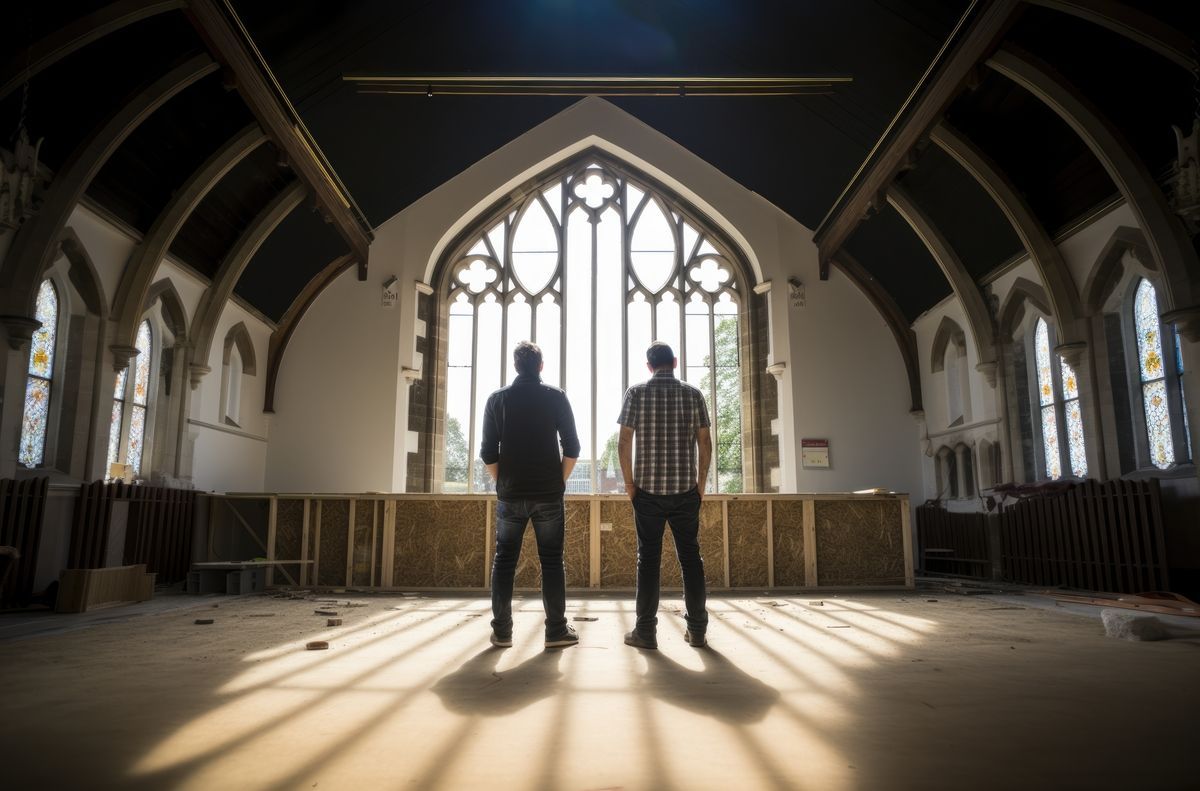



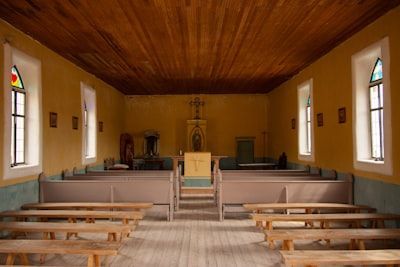
Preventing Theft Is Paramount
The main idea with higher deductibles is that it incentivizes you to take the proper actions to minimize the potential harm that may come to your property. As such, higher deductibles help you think about ways to sustainably prevent negative situations from forming and occurring within your property. That is why organizational leaders should take great care to implement proper security protocols. Your place of worship or care must comprehensively plan for crime and other property damage instances and minimize them from taking place.
- Watch the entrances. The first and simple step is to minimize the entry points into your church or other facilities. You want to make sure that there are just a few places to enter and exit to minimize hassles on your end.
- Document those who come and go. It is best to understand who is coming and going within your church or other facilities. The more information you have, the better it is for you in adverse situations.
- Have trusted volunteers who roam the facility during large gatherings. You want to make sure that you have a cohort of trustworthy who hover around different key areas during large gatherings and celebrations to enforce security standards in a relaxed manner.
- Minimize cash concentration on-premises. There's a saying that you should not tempt fate. That is a genuine possibility if you keep a concentrated portion of cash within your facility. Those who seek to conduct an extraction operation will have more incentives to perform a heist on your property.
- Provide regular access to trustworthy people. Everyone shouldn't have regular entrance access. Keep your life simple by providing limited access during off-hours.
These principles and tips will help you to minimize issues taking place on your property.
Common Church Theft and Vandalism Risks
Creating A Secure Environment For Parishioners
General Liability Coverage for Churches
Preventing Liability Risks in Churches
The best action is preventative and not reactive. Do your best to implement standards and protocols that minimize the potential situation that risks present to your church.
For instance, if you are cleaning the church, make sure to have signs that state you are cleaning. As such, you are indicating that cleaning is happening, and floors may be wet.
Further, you want to make sure that you have signs present around the facility that show people to be careful in a specific situation. Classic safety measures such as smoke detectors and safety systems, in general, will be crucial and necessary as well.
In addition, more nonprofit organizations are optimizing their buildings to make it accessible for disabled peoples. More organizations also endeavor to check their places frequently and make sure everything is up to par while also keeping emergency supplies like first aid kits on their premises.
There is quite a bit you can do to take a preventive strategy within your organization and minimize your potential liabilities. If you require further assistance with your insurance policies and would like to have more information about the steps you can take to improve your overall situation, reach out to us. We will be pleased to find the best solution for your needs and provide the insurance services that your church requires.
Insurance Packages for Churches In Georgia
Make sure that your church is protected. Learn more about our insurance services for churches in Georgia, including umbrella liability, business automotive, and church packages to protect your organization. Contact us today to chat about how we can help your church obtain great coverage to safeguard your ministry.
Get a Quote
Get a Quote
We will get back to you as soon as possible.
Please try again later.
